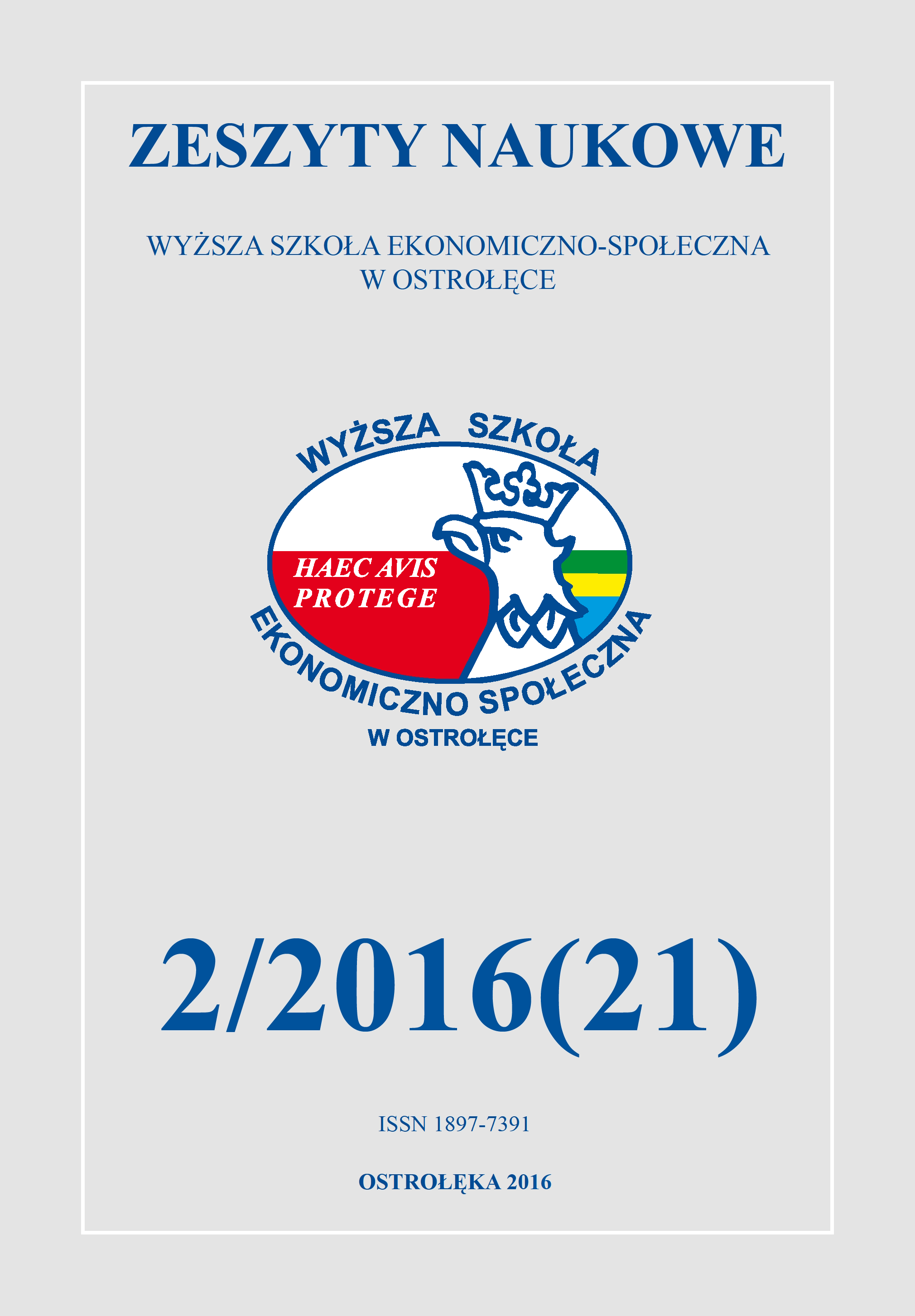MARXIAN ABSOLUTE RENT IN THE PARADIGM OF SUSTAINABLE AGRICULTURE – HAS HISTORY COME FULL CIRCLE?
DOI:
https://doi.org/10.58246/sjeconomics.v21i2.361Keywords:
land rent theory, absolute rent, agriculture, sustainable growthAbstract
The economic globalisation process makes economic factors rotate faster. There arises the crucial question of whether the land factor is still capable of generating economic rents ? On one hand, D. Ricardo’s land rents are vanishing, on the other, the land factor is gaining new, environmental applications. It provides public goods, which are a crucial element of the new paradigm of agricultural development. In conditions of irreversible accumulation of capital in the anthropogenic environment, new land utilities may appear without any additional input of capital or labour, and, as public goods, they are mostly financed from subsidies for agriculture under the Common Agricultural Policy (CAP). This paper aims to present the evolution of land rents theory and to answer the question of what is the nature of contemporary land rent ? The author attempts to test the modern theory of land rent using input-output matrices for different sectors of agribusiness and chosen EU countries. He demonstrates the hypothesis that capital productivity in agriculture is higher than in other sectors of agribusiness, but not for the reason of exploiting labour (as was the case in Marxian theory) but thanks to the occurrence of intrinsic land utilities which are valorised.
Published
Issue
Section
License
CC-By licence - allows a work to be copied, modified, distributed, presented and performance of a work only on the condition that the original author is credited. It is a licence guaranteeing the broadest freedoms for the licensee.


